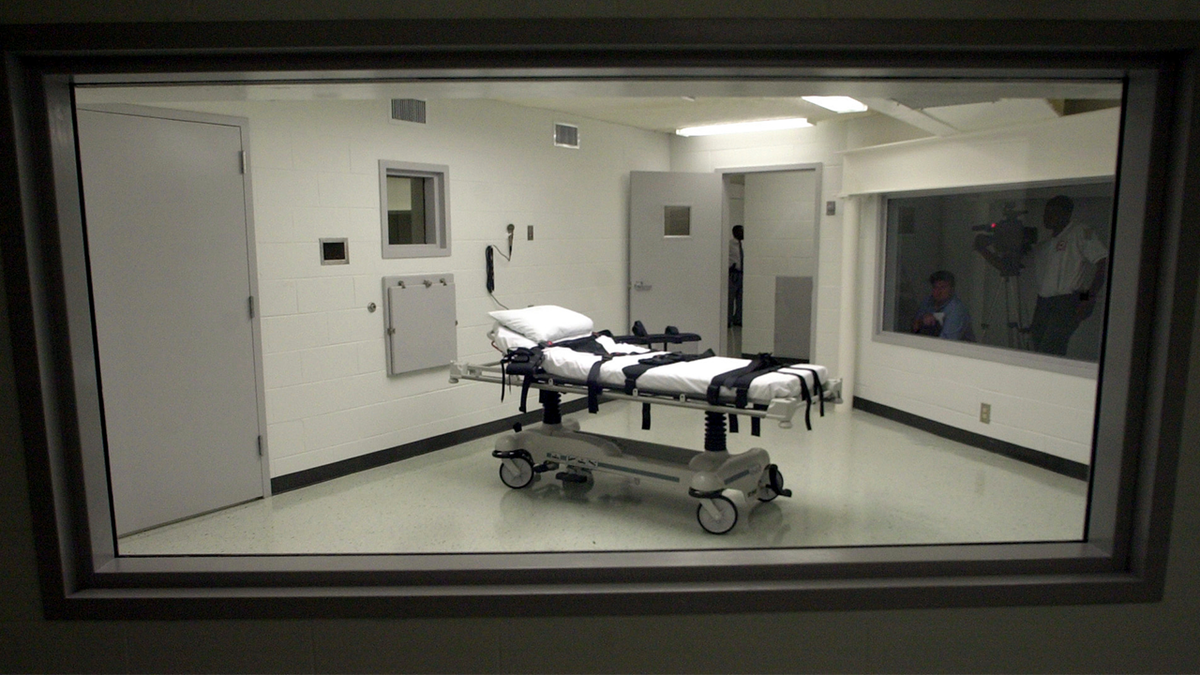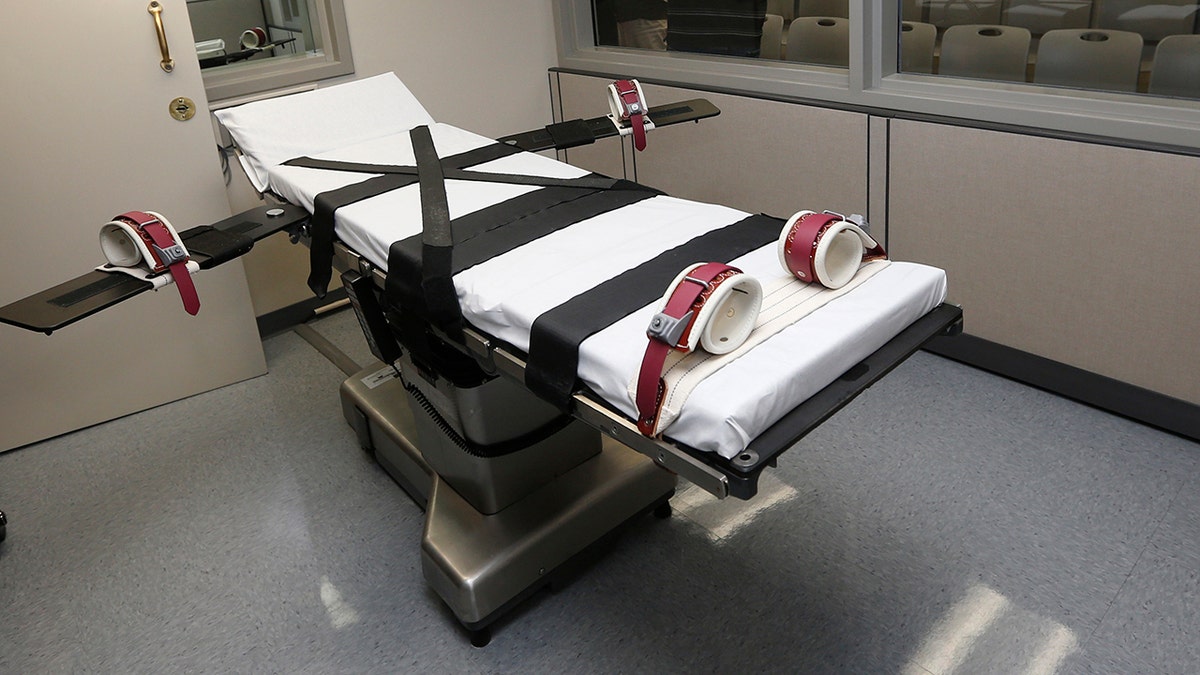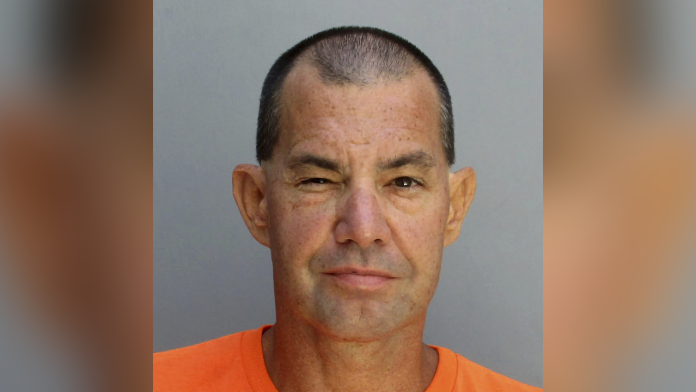An Arizona death row inmate has requested the state Supreme Court to expedite his execution instead of following regular legal procedures.
Aaron Brian Gunches, 53, had previously advocated for his execution to be carried out promptly for his involvement in the 2002 murder of Ted Price, his girlfriend’s ex-husband, to which he had pleaded guilty. He is scheduled to receive a lethal injection.
Grunches’ execution would mark Arizona’s first use of the death penalty after a two-year pause to review execution protocols.
In a handwritten court filing this week, Gunches, who is not a lawyer but is representing himself, urged the state’s high court to set his execution for mid-February.
TN ANNOUNCES NEW EXECUTION METHOD THAT COULD ALLOW STATE TO RESUME EXECUTIONS AFTER LAST ONE HALTED IN 2022
Aaron Brian Gunches was convicted of murder in the 2002 killing of Ted Price in Maricopa County, Arizona. (Arizona Department of Corrections, Rehabilitation and Reentry via AP)
He argued that his death sentence is “long overdue” and accused the state of prolonging the process by requesting a legal briefing schedule prior to his execution.
Democrat Attorney General Kris Mayes’ office, which is seeking Gunches’ execution, stated that a briefing schedule is necessary to ensure corrections officials meet execution requirements, including testing for the pentobarbital to be used in his lethal injection.
Two years ago, Gunches had petitioned the state Supreme Court to issue his execution warrant, claiming that it would provide justice and closure to the victim’s family.

Alabama’s lethal injection chamber is shown Oct. 7, 2002, at Holman Correctional Facility in Atmore, Alabama. (AP)
Gunches’ execution had initially been set for April 2023, but Democrat Gov. Katie Hobbs’ office declared that the state was not ready to carry out the death penalty due to a lack of qualified staff for executions.
Hobbs had pledged not to execute any death sentences until she was certain that the state could do so lawfully. The review she initiated concluded in November when she dismissed the retired federal magistrate judge overseeing the review.
TRUMP PLEDGES TO BRING BACK FEDERAL EXECUTIONS AFTER BIDEN COMMUTES DEATH SENTENCES FOR 37 INMATES

FILE: The gurney in the execution chamber at the Oklahoma State Penitentiary in McAlester, Oklahoma. (AP Photo/Sue Ogrocki)
CLICK HERE TO GET THE FOX NEWS APP
Arizona currently has 111 inmates on death row, with the last executions taking place in 2022 when three inmates were put to death following an eight-year hiatus due to controversies surrounding a 2014 execution and challenges in acquiring lethal injection drugs.
The state has faced criticism for delays in inserting an IV for lethal injection in death row inmates.
The Associated Press contributed to this report.




